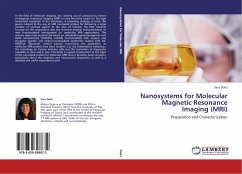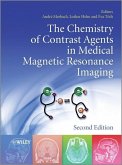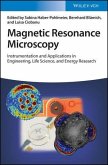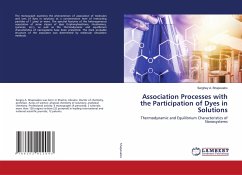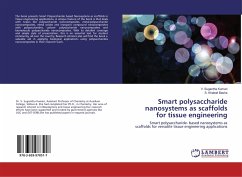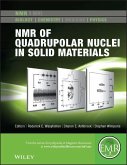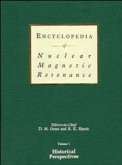In the field of molecular imaging, the carrying out of protocols by means of magnetic resonance imaging (MRI) is a very attractive target for the high anatomical resolution of this technique. A promising strategy to reach this goal is related to the use of MRI nanosized probes for delivering a large number of contrast agents at the sites of interest. My PhD research focused on the preparation and the chemical physical characterization of new functionalized nanosystems for molecular MRI applications. The systems taken into account are based on ultrasmall superparamagnetic iron oxide nanoparticles (USPION), suitably functionalized with organic and inorganic ligands, and folate-functionalized apoferritin loaded with Gd-HPDO3A. Moreover, several aspects concerning the application as molecular MRI probes have been studied, e.g. the relaxometric behaviour, the toxicology on human immune cells and the evaluation of diagnostic capability in vitro and in vivo. This book is a good introduction to the topic of the nanosized probes for molecular MRI since it provides basic concepts, particularly about the magnetic and relaxometric properties, as well as a detailed and useful experimental part.

